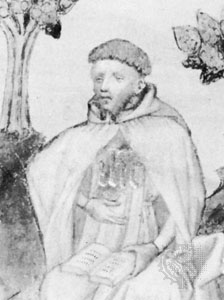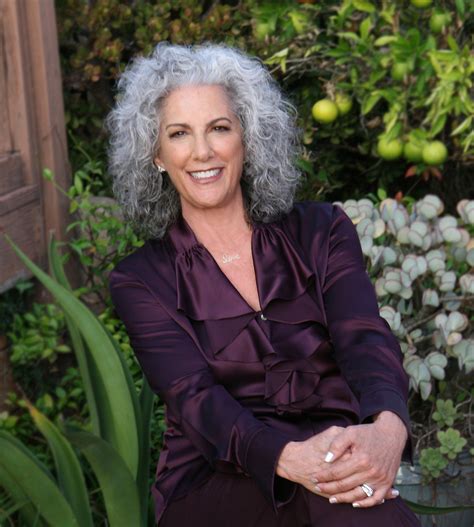Цитата Оливера Голдсмита
Таким образом, любовь — самая легкая и приятная, а благодарность — самая унизительная привязанность ума. Мы никогда не размышляем о человеке, которого любим, не радуясь своему выбору, тогда как тот, кто связал нас с ним одними выгодами, возвышается в наших представлениях как человек, которому мы в какой-то мере утратили нашу свободу.
Связанные цитаты
Человек зависит от Бога во всем: Бог зависит от человека в одном. Без любви человека Бог не существует как Бог, а только как Творец, и любовь есть то единственное, что никто, даже сам Бог, не может приказать. Это бесплатный подарок или это ничего. И оно наиболее само по себе, наиболее свободно, когда предлагается вопреки страданию, несправедливости и смерти. . . Оправданием несправедливости вселенной является не наше слепое принятие необъяснимой воли Божией, не наше упование на любовь Божию, его темную и непонятную любовь к нам, а наша человеческая любовь, несмотря ни на что, к Нему.
Любовь — это одновременно самая созидательная и одновременно разрушительная сила в мире, а значит, и в нашей жизни. И я не имею в виду сентиментальную любовь Холлмарка, хотя она и является ее частью. Но более глубокое обязательство, которое у нас есть друг перед другом: обязательство отражать нашу человечность друг в друге, отражать в ответ то, что другие показывают нам, а мы, им.
Возможно, это наша гибель, наше человеческое проклятие — никогда по-настоящему не узнать друг друга. Мы возводим в своем уме здания на зыбком каркасе слова и дела, простые тотемы истинной личности, которая, как и боги, которым построены храмы, остаются сокрытыми. Мы понимаем нашу собственную конструкцию; мы знаем нашу собственную теорию; мы любим наше собственное изготовление. Все еще . . . Делает ли искусственная привязанность нашу любовь менее реальной?
Не знаю, заметил ли кто-нибудь, но я всегда пишу только об одном: одиночестве. Страх одиночества, желание не быть одиноким, попытки найти свою личность, сохранить свою личность, убедить нашу личность не оставлять нас в покое, радость быть с нашей личностью и, таким образом, больше не быть одной, опустошение остаться в одиночестве. Необходимость услышать слова: Ты не один.
Я был счастливчиком. Чувствовать близость братьев — чудесная вещь в жизни. Чувствовать любовь людей, которых мы любим, — это огонь, питающий нашу жизнь. Но чувствовать привязанность, идущую от тех, кого мы не знаем, от тех, кто нам неизвестен, которые наблюдают за нашим сном и одиночеством, за нашими опасностями и нашими немощами, — это нечто еще большее и прекрасное, потому что расширяет кругозор. границы нашего бытия и объединяет все живое.
Заповедь Божия в том, чтобы мы любили Господа нашего всем сердцем, всей душой, всеми мыслями. Всем сердцем; то есть во всем нашем понимании без ошибок. Во всей нашей душе; то есть во всей нашей воле без возражений. Во всех наших своих обязанностях; то есть, что мы думаем о Нем, не забывая. В этом образе очень любовь и правда, это работа воли человека. Ибо любовь есть умышленное обращение наших мыслей к Богу, чтобы она не принимала ничего противного любви Иисуса Христа и при этом пребывала в сладости благоговения; и это совершенство этой жизни.
После нескольких (или многих) плохих отношений так легко закрыться, сдаться и перестать верить, что для нас есть нужный человек. Наши сердца жаждут влюбиться, но наш разум настаивает на том, что это невозможно, и мы вступаем в перетягивание каната сами с собой. Как будто одна часть нас кричит: Да! Я заслуживаю хороших отношений! в то время как другая часть настаивает на том, что я никогда не найду его или ее. Когда наши убеждения противоречат нашим желаниям, мы испытываем внутренний конфликт, который не только парализует нас, но и может помешать нам признать возможности для любви, существующие вокруг нас.
Постигли нас тяжелые несчастья, но будем только крепче держаться за то, что осталось, и перенесем нашу любовь к тем, кого мы потеряли, на тех, кто еще жив. Наш круг будет мал, но тесно связан узами любви и взаимного несчастья. И когда время смягчит ваше отчаяние, родятся новые и дорогие предметы заботы, чтобы заменить те, которых мы были так жестоко лишены.
В ежедневной практике размышляйте о преимуществах любви, сострадания и доброты, а затем размышляйте о недостатках гнева. Такое постоянное созерцание, растущее признание любви приводит к уменьшению нашей склонности к ненависти и увеличению нашего уважения к любви. Таким образом можно уменьшить даже гнев.
Молитвенная жизнь – это ключ к обретению благодарности. Мы часто принимаем как должное людей, которые больше всего заслуживают нашей благодарности. Давайте не будем ждать, пока не станет слишком поздно для выражения нашей благодарности. Чувствовать благодарность и не выражать ее — все равно, что завернуть подарок и не подарить его. Если я причисляю благодарность к тяжким грехам, то благодарность занимает место среди благороднейших добродетелей. Выражать благодарность — благородно и благородно, выражать благодарность — великодушно и благородно, но всегда жить с благодарностью в сердце — значит коснуться небес.







































